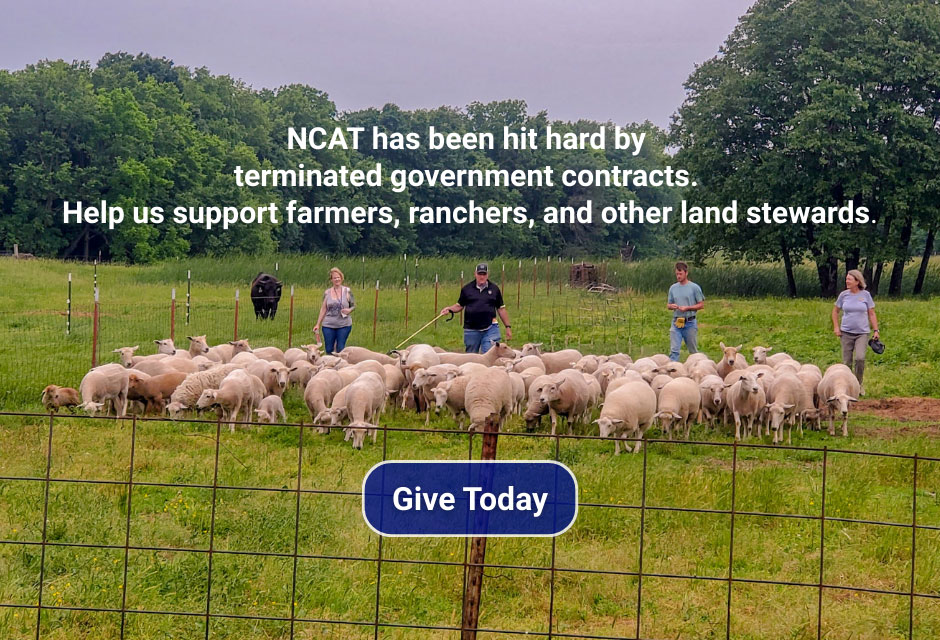Study Identifies Potential Food Safety Improvements for Romaine Lettuce
Researchers at Cornell University published results of a study on lowering the potential for E. coli contamination in romaine lettuce in Scientific Reports. The study revealed that overhead irrigation of […]

